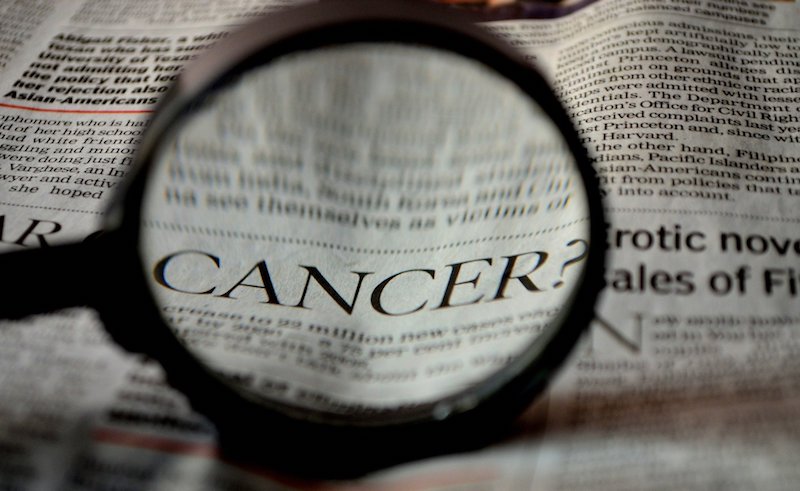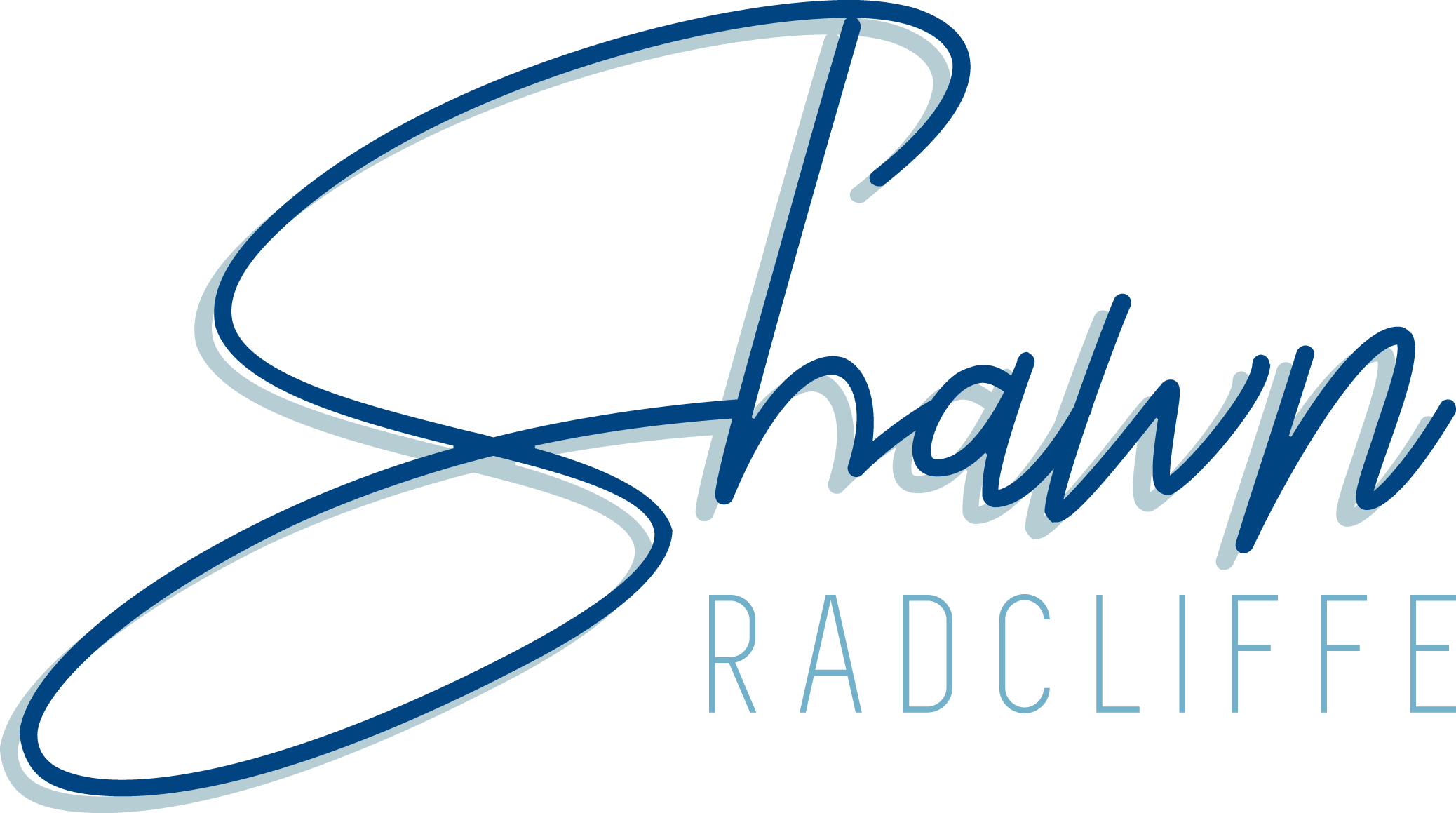There’s a lot of pressure that comes with being a health and science writer. Over the past ten years, I’ve covered many topics that could have an impact on people’s health, either over the short-term or over the course of their lifetime.
Things like the latest treatments for cancer or the “best” diet to reduce your risk of heart disease or diabetes. And even ways to protect yourself from the coronavirus that causes COVID-19.
So every time I sit down to write a health news story, I’m always thinking about the effect that my words will have on people who read my story, including those who will only read the top few paragraphs (“above the fold,” as they say in journalism).
First and foremost, this means making sure that everything I write is accurate.
But writing better health news stories goes beyond accuracy. You also want to make sure you are including the right kinds of information in the story and providing a balanced perspective, especially when it comes to interviewing experts.
Better health news includes the right information
While many people get their health “news” by reading just the title and excerpt that’s shared on social media, more information is needed in order to judge the importance of a new scientific development or medical treatment. Or even to know what it means for you personally.
This information is often absent from many health news stories. Sometimes this is due to a writer dealing with a limited word count (how much can you squeeze into a 250-word summary?). Other times, in the rush to file a story, a writer just leaves it out.
This happens more frequently than you might imagine.
In a 2008 review of 500 health news stories, Gary Schwitzer, the founder of Health News Review, found that health journalists usually failed to include the following important information in their stories:
- Cost of a drug or other treatment
- Quality of the evidence
- Existence of alternative treatments
- Absolute size of the potential benefits and harms
A later analysis by Schwitzer and his colleagues of 1,889 health news stories found similar problems, but also signs of improvement. Stories written between 2005 and 2010 met just half of the criteria for “quality reporting” about drugs, devices, surgery and other medical procedures, and diet. By 2010-2013, this had improved to almost 70 percent.
However, when television stories were removed from the mix, the only improvement that remained statistically significant was “avoiding disease-mongering.” There was also a decline in the percentage of stories that explained the “true novelty” of an intervention.
A 2003 study found similar problems with 193 health news stories about newly-approved drugs in Canada. Many of the stories lacked information about the benefits or harms of the drugs, contraindications, drug costs, alternative drugs available, and non-drug treatment options such as exercise or diet.
Here are the “quality reporting” criteria that Schwitzer used to evaluate the health news stories:
- Does the story adequately discuss the costs of the intervention?
- Does the story adequately quantify the benefits of the treatment/test/product/procedure?
- Does the story adequately explain/quantify the harms of the intervention?
- Does the story seem to grasp the quality of the evidence?
- Does the story commit disease-mongering?
- Does the story use independent sources and identify conflicts of interest?
- Does the story compare the new approach with existing alternatives?
- Does the story establish the availability of the treatment/test/product/procedure?
- Does the story establish the true novelty of the approach?
- Does the story appear to rely solely or largely on a news release?
I keep this list handy when I am editing my news stories before submission. I always try to include this information whenever possible. This helps me write better health news.
Some of this information is not always easy to find, such as the cost of a new drug that is not yet on the market. Other things, like the “true novelty” of a treatment, require that I talk to an outside expert, and when possible, multiple experts.

Interviewing diverse experts strengthens news stories
While researchers who publish a new study often make themselves available to journalists for interviews, it’s also important to talk to independent experts. This can help prevent you from overhyping the results of the research.
In a 2003 study, researchers found that news stories that included quotes from an independent expert — someone not quoted in a press release for the study — were often less exaggerated than those without an independent quote.
This doesn’t show cause-and-effect, but it highlights the importance of talking to experts when writing a health news story. And not just any expert, the right kinds of experts.
If you interview someone who has been studying coronaviruses for decades, you are likely to get a better evaluation of a new coronavirus study than if you talked to a virus generalist. Likewise, if you are writing about a new treatment for heart disease, talking to a cardiologist will give better results than speaking with a neurosurgeon.
Sometimes, health and science writers reach for the same kinds of experts, which can prevent them from writing a better health news story. For example, one 2018 study found that out of 2,243 news stories about health care, only two percent of the quotes were from nurses, even though nurses are integral to patient care.
In general, writers should think more critically about the experts they interview for stories. Gathering a variety of viewpoints — whether that means by race, gender, sexual orientation, or culture — can improve the accuracy of news stories, as well as give voice to those who may not always be heard.
Several resources are available to help health and science writers find diverse experts, including:
- Database of Diverse Databases. A collection of expert directories and spreadsheets for health, science, technology, political science, and other areas.
- Diverse Sources. A searchable database of health, science, and environment experts.
- 500 Women Scientists. A searchable database of women in science, technology, engineering, mathematics, and medicine.
- SheSource. A searchable database of media-experience women experts.
- Find POC Experts. A spreadsheet of more than 200 experts of color in a variety of areas.
- Source of the Week. NPR’s searchable database of experts of color across a variety of areas.
Including the right kinds of information and talking to diverse experts are just two ways to write better health news stories. However, by keeping these in mind as you sit down to write, you will be able to create a story that not only informs your reader, but also gives them a more balanced perspective.


